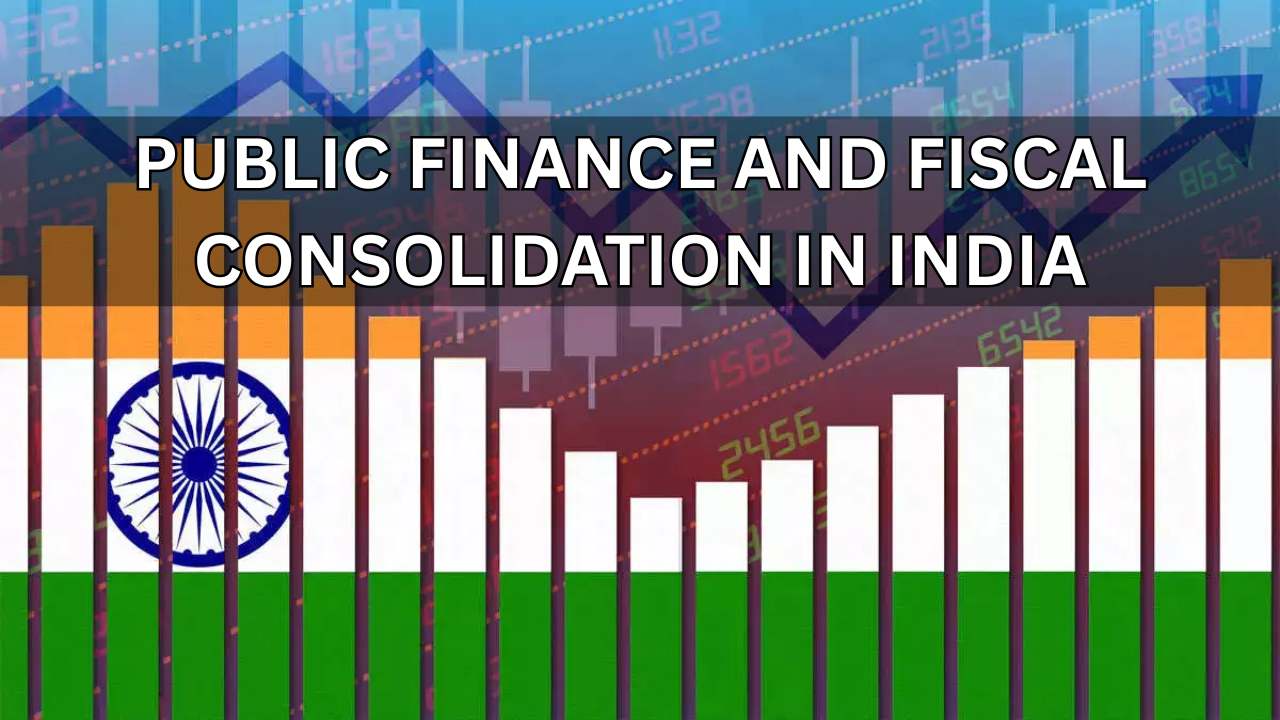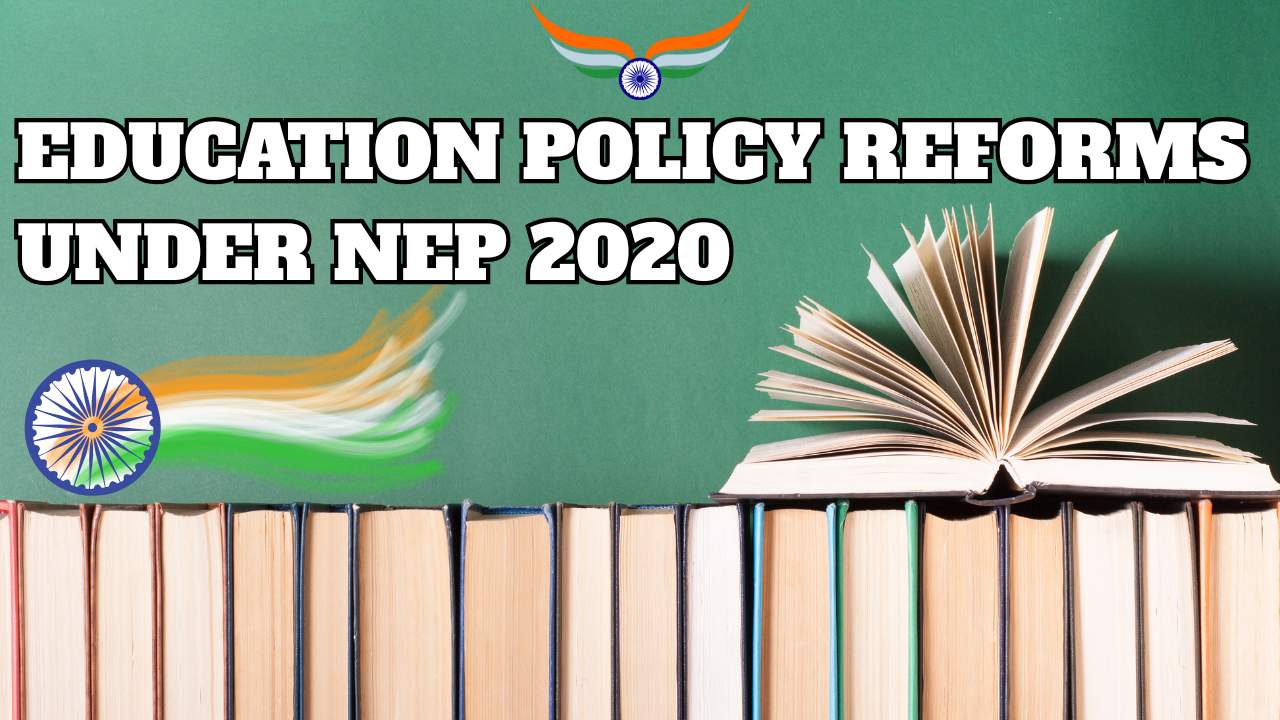Managing a country’s money is the responsibility of the Government and it includes everything from collecting taxes and planning expenditure to maintaining debt and ensuring that funds are used for public welfare. This entire system of managing national income and expenditure is known as Public Finance. To keep this system stable, the Government also focuses on Fiscal consolidation which means maintaining discipline in how the Government spends and borrows. The Public Finance and Fiscal Consolidation in India are the Government key responsibilities.
Public Finance and Fiscal Consolidation in India
The concept of Public Finance and Fiscal Consolidation in India reflects how the Government manages its income, expenses and borrowings. Public Finance ensures that funds are raised and used for development and Fiscal consolidation ensures that spending does not exceed the country’s capacity to pay. The FRBM Act, 2003 sets limits on fiscal and revenue deficits. This act in India aims to make government budgeting transparent and responsible.

Indian Public Finance + Fiscal Consolidation – Key Highlights
| Post Title | Public Finance and Fiscal Consolidation in India |
| Country Name | India |
| Governing Act | FRBM Act, 2003 |
| Implementing Authority | Ministry of Finance |
| Purpose | To ensure stable Government finances by lowering fiscal deficit |
| Main Source of Revenue | Income Tax, Corporate Tax, Custom Duties and others |
| Major Expenditures | Education, Healthcare, Infrastructure, Interest Payments and others |
| Target Audience | Students, Researchers, Educators, Finance Professionals |
| Category of the Post | News |
| Official Web Portal | www.finmin.gov.in |
Fiscal Consolidation In India
Fiscal Consolidation is about making public finances more stable and healthy over time. It focuses on lowering fiscal and revenue deficits and also ensures that economic growth continues. In simple terms, it’s about making sure that the Government does not spend more than it can afford. India has been focusing on fiscal consolidation since the early 2000s and particularly after FRBM Act 2003. This act sets clear rules to make Government finances more disciplined. Fiscal consolidation is important:
- As it keeps public debt at a level that the Government can manage without affecting essential services.
- As it helps in managing a strong credit profile internationally and this can attract more investment.
- As it controls the fiscal deficit and this prevents excessive money supply. Also, it keeps inflation stable.
Public Finance in India
Public Finance in India is the study of how the Government raises the funds and how it uses these funds to provide services and benefits to the public. It includes both central and state governments which together plan the budget and allocate the funds to different sectors. It ensures that resources reach the people. Public Finance aims to promote social welfare and lowers inequality. It also supports economic growth by funding infrastructure and public services. Public Finance is important:
- As it supports development. Public Finance ensures that funds are available for basic sectors such as healthcare, education, defence and rural development.
- As it helps in lowering inequality.
- As it encourages economic growth by investing in roads, transports and different industries. It can create jobs and boosts productivity.
| Fiscal Deficit: It means when the government spends more than it collects in a year. To pay for the extra, the Government borrows. Revenue Deficit: Even after collecting revenue, if the Government does not cover its day to day spending then its the Revenue Deficit. |
Public Funds Management in India
These Public Funds in India are managed by the Ministry of Finance. Public Funds Management refers to how the Government plans, implements and monitors its financial activities. It ensures that money is used properly and that public funds bring real benefits to citizens. Main elements of Public Finance Management includes:
- Budget Preparation
- Revenue Collection Systems
- Expenditure Control
- Debt Management
- Transparency and Auditing
Effective public finance management builds trust among citizens and encourages better governance.
FAQs Related To Public Finance and Fiscal Consolidation in India
What is Public Finance?
Public Finance is the system through which the government collects revenue, spends money and manages debt to support national development.
What are the main components of Public Finance?
The main components of Public Finance are Revenues from tax and non tax income, Government expenditures and borrowings.
Why is Fiscal Consolidation in India important?
Fiscal Consolidation in India is important as it helps to control fiscal and revenue deficits. It also helps in lowering public debt and ensures that government spending is efficient.
What if Fiscal Consolidation is not managed properly?
If the Fiscal Consolidation is not managed then the Government may face rising fiscal deficits and this can increase the public debt. Due to this the inflation rises and the investor confidence lowers down and the economic growth would be reduced.
Who manages Public Funds in India?
Public Funds in India are managed by the Ministry of Finance, RBI, Dept. of Expenditure and Dept. of Revenue.








